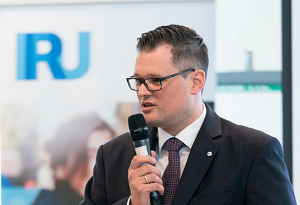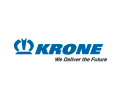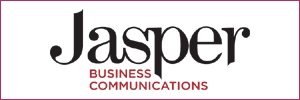The International Road Transport Union (IRU) is calling on policy makers to implement measures that will improve skills matching and tackle the worrying trend of labour shortages across the continent.
 Despite some 13 million new jobs being created in EU Member States since 2014, many vacancies are left unfilled, as employers struggle to find people with the skills they need.
Despite some 13 million new jobs being created in EU Member States since 2014, many vacancies are left unfilled, as employers struggle to find people with the skills they need.
This is a particular challenge in the road transport industry, which is currently facing an acute driver shortage. 21 per cent, or a fifth of all freight driver positions remain unfilled, while on the passenger side the figure stands at 19 per cent.
That’s why IRU has come together with Business Europe and employers from a range of sectors – including manufacturing, hospitality, agriculture, insurance, tech and retail – to issue a joint statement aimed at tackling skills mismatches and reducing the European wide labour shortage.
Suggested interventions include reforming education and training systems to promote vocational paths such as apprenticeships, which encourage greater collaboration between education and employers.
Recommendations also include financial incentives and social partnerships to help businesses of all sizes upskill their workforce and embrace digitalisation. Finally, employers want to see policy makers promote the mobility of workers and talent across Europe and within Member States.
Matthias Maedge, IRU General Delegate to Brussels, commented: “Europe is facing the most acute driver shortage in decades. The lack of drivers represents a real threat to the smooth functioning of supply chains, EU mobility and the economy.
“The future of the road transport sector requires a young, diverse and well-qualified workforce, with the right skills to thrive as our industry continues to digitalise.
This means making sure that we have best-in-class training and certification programmes in place to attract, retain and upskill our drivers for the long term.
“IRU works closely with the private sector to help companies ensure their training, assessments and certification processes comply to international standards. Our approach allows companies to improve knowledge of their driver competency levels and identify skills mismatches, with the ultimate aim of fostering professional excellence, gaining customer trust and attracting and retaining the best drivers.”


.gif?rand=375)











